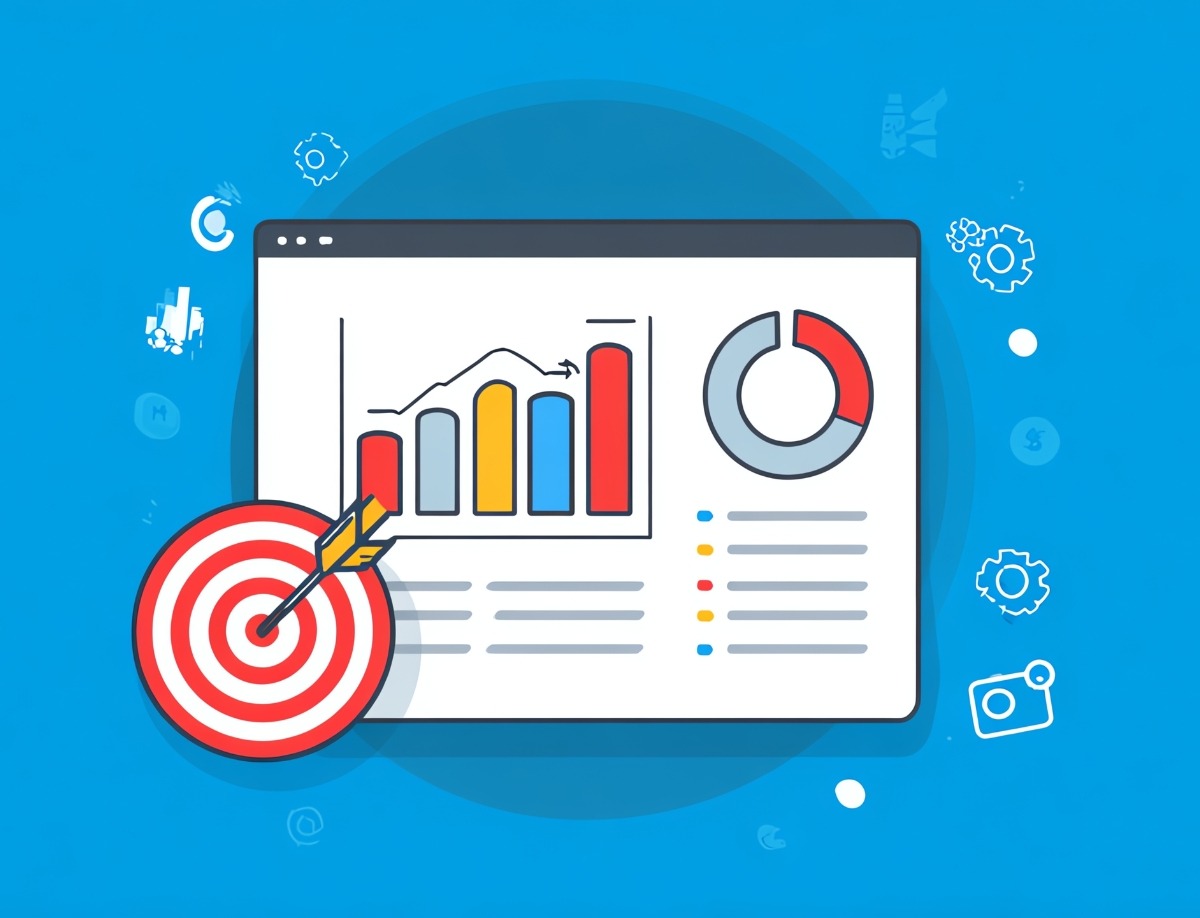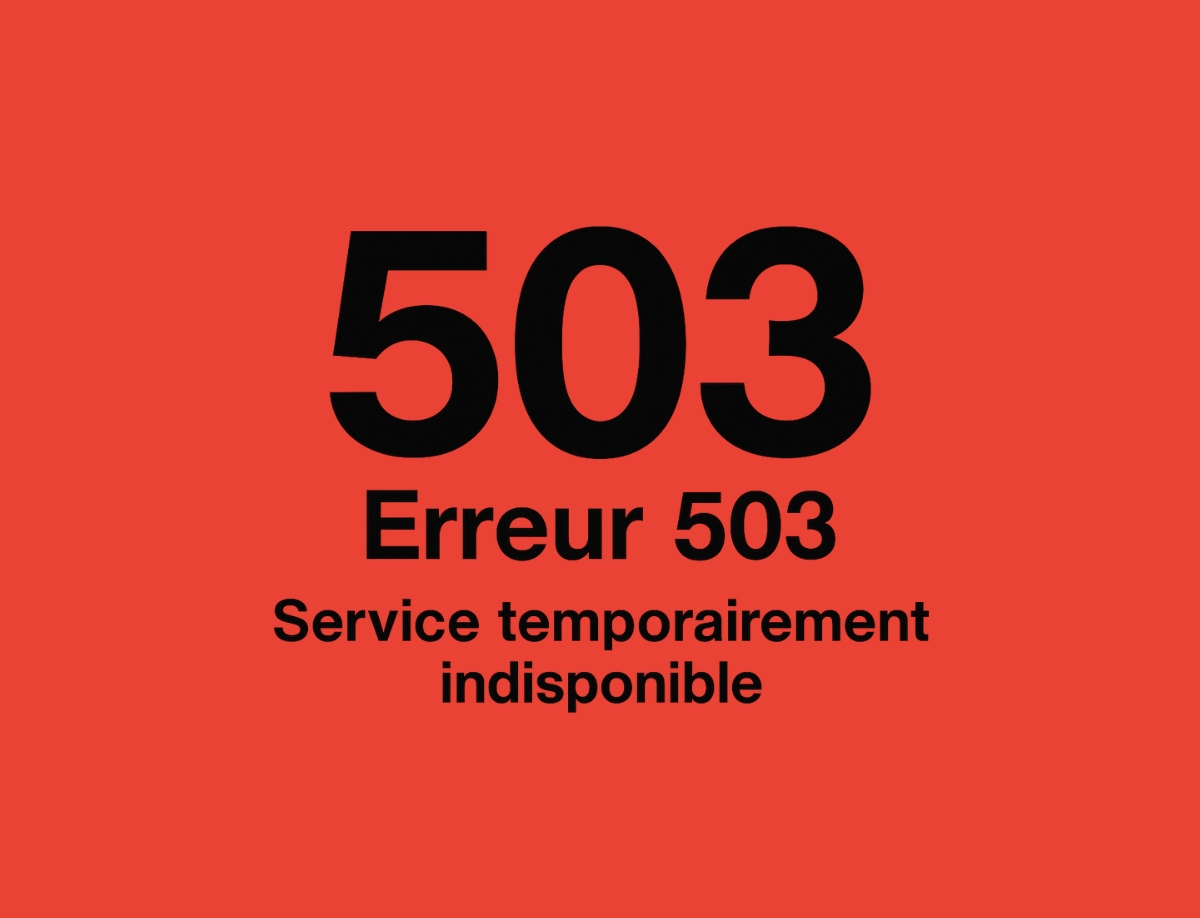At a time when every company, no matter how small, needs to ensure its online visibility, the choice of a CMS (Content Management System) is a strategic decision.
Behind this acronym lies much more than just website creation software: it's a veritable pillar of modern content management. Understanding what a CMS is and what it's used for is essential today. It gives you greater control over your digital image, and helps you understand what's at stake.
1. What exactly is a CMS?
A CMS is a content management system, i.e. software designed to create, modify, organize and publish digital content on a website, without having to write a single line of code. In concrete terms, a CMS separates content from form: it enables content (text, images, videos, etc.) to be managed via an intuitive interface, while maintaining a consistent design thanks to predefined templates. This two-layer approach gives users great flexibility. It allows you to concentrate on the message, without getting lost in the technicalities.
The idea behind the CMS is not new, but its evolution has been meteoric. From its beginnings as a tool for publishing blog posts, it is now capable of managing complex, multilingual, collaborative and even transactional sites. As a result, it's no exaggeration to say that CMS has democratized the web.
2. Why has CMS become so popular?
The growing popularity of CMS is no accident: between technical accessibility, enhanced autonomy and scalable security, these tools offer a host of advantages. Let's take a closer look at why.
A CMS solution for all levels
Several factors explain the meteoric rise of CMS in today's digital landscape. First and foremost, their ease of use has truly turned the rules of the game on their head. Indeed, thanks to their intuitive, visual interface, even someone with no technical training can now design a functional website in the space of a few hours. No more intimidating lines of code or constant dependence on a developer: the CMS places the reins of the site directly in the hands of its owner.
What's more, this newly acquired autonomy doesn't stop at the initial creation of the site. It also extends to its day-to-day management. Whether it's editing a page, publishing an article or updating an image gallery, everything can be done smoothly, quickly and, above all, without outside help. As a result, the CMS saves considerable time, while significantly reducing the costs associated with site maintenance.
A CMS is also a secure, scalable database
Another fundamental aspect of CMS success is the security they offer. Contrary to popular belief, CMS are not synonymous with vulnerability. On the contrary, well-known CMS such as WordPress or Joomla are regularly updated. These updates correct vulnerabilities and adapt to new threats. As a result, users benefit from a reliable, constantly improved environment that complies with best cybersecurity practices.
CMS offer integrated tools or plug-ins to enhance security. These include authentication, backups, firewalls and role management. So even a small business or novice user can build a website that's both professional and secure.
3. The most popular CMS worldwide
With hundreds of options available, choosing a CMS can quickly become confusing. Yet some stand out from the crowd, whether for their popularity, simplicity or specialization. Here's a clear overview of the most popular solutions - and how to find out which one is right for you.
WordPress: the undisputed king
Among all existing CMS, WordPress largely dominates the market. This open-source CMS was already powering 25 % of websites worldwide in 2016. Today, it powers more than 40 % of active sites on the Internet.
This phenomenal popularity is due to a powerful combination of factors: an intuitive interface, a huge library of themes and plugins, virtually unlimited flexibility and a very active worldwide community.
You can create a blog, a showcase site or an online store with WordPress. Even without technical skills. Its gentle learning curve makes it accessible to beginners, while its advanced capabilities appeal to experienced developers too.
Shopify, Wix: CMS designed for simplicity
On a different note, some CMS rely on a turnkey experience. This is the case of Shopifyan e-commerce solution. Here, everything is optimized for selling online: product management, inventory, payments, taxes and deliveries. Even beginners can launch their store quickly, without worrying about technical aspects or hosting.
If you're interested in online sales, have a look at our article to discover best practices, platforms and strategies.
On his side, Wix seduces with its extremely intuitive drag-and-drop editor. It's ideal for users who want to create a simple, aesthetically pleasing site without having to think about the technical aspects or structure of the CMS. Thanks to its numerous templates and integrated marketing tools, Wix lets you put a site online in record time.
Drupal and Joomla: CMS for advanced users
If you have more complex requirements or would like a advanced technical expertise, Drupal and Joomla can be excellent options. Both offer impressive flexibility and are well-suited to customized, multilingual or community-oriented projects. On the other hand, they generally require more technical knowledge than WordPress or Wix.
Drupal, in particular, is renowned for its robustness, its ability to handle large volumes of content, and its sophisticated user management system. It is therefore often used for institutional, government or university sites.
Headless CMS: modern architecture for complex projects
Finally, a new generation of CMS was born: CMS headless. Unlike traditional CMS, which link content directly to its presentation, headless CMS completely separate these two layers. Content is managed in the back-end, then distributed via API to any interface: website, mobile application, interactive kiosk, etc.
This architecture enables maximum flexibility in design, performance and multi-platform development. It is aimed primarily at technical teams or companies with complex needs. Solutions such as Strapi, Contentful or Sanity are the best-known representatives. Find out more here, this complete guide to Strapi explains in detail how a headless CMS works and its advantages.
4. Who can (and should) use a CMS?
Today, it's becoming increasingly clear that virtually everyone can - and should - benefit from a CMS. These systems make website creation accessible to everyone. Whatever the size, sector or technical level of your organization.
In other words, whether you're a solo entrepreneur, a family business, a dynamic SME or even a community organization, a CMS can effectively meet your digital needs.
Take, for example, the small local businesses. For them, a CMS represents an excellent compromise between cost, efficiency and speed. You can then present your services, publish testimonials, or update your schedules with complete autonomy. For their part bloggers benefit from features designed for editorial content: writing interface, comment management, visit tracking tools. Community organizations, associations, schools or libraries can also benefit from a CMS. They can distribute information, publish events and manage registrations.
5. Key features to look for in a CMS
When choosing a CMS, it's essential to look beyond the simplified appearance of the interfaces. Not all CMS offer the same functionalities, and it's precisely by examining them closely that you can make an informed choice. A good CMS is not only pleasant to use: it must also meet your current needs, while being ready to evolve with you.
An intuitive visual editor to create without coding
The first thing to observe is the quality of the content editor. A visual editor The powerful drag-and-drop system makes it easy to structure your pages. This makes page layout more intuitive, especially for those who don't master HTML or CSS. What's more, the ability to preview rendering in real timeis an invaluable asset: you can adjust each visual element without having to publish first.
Flexible management of all types of content
A good CMS isn't just about blog posts and pages. A good CMS needs to handle different types of content, depending on your needs. Forms, portfolios, events or videos need to be easily integrated. The more flexibility it offers in this respect, the richer and more dynamic your site will be.
Extensibility and scalable customization
A CMS should never be a prison. Ideally, it should be able to growing with you. This means it must offer extension possibilities via plugins, modules or applications. Your CMS must allow you to add functions such as reservations or online sales. And all without having to rebuild everything.
What's more, a good CMS must offer high level of customizationYou need to be able to adapt your site to your real needs, both in terms of design and functionality. Whether you know how to code or not, you need to be able to adapt your site to your real needs. This can be done through visual settings, configuration files, or code access for more experienced users.
User management and integrated security
The ability to manage multiple users with different roles is essential, especially if you're working in a team. A good CMS should enable you to control who can publish, who can modify the design, who can access sensitive data, etc. At the same time safety must never be neglected: regular updates, backups, protection against intrusions, all must be easy to set up, if not automatic.
Mobile compatibility and seamless user experience
Today he is it's unthinkable to create a site that isn't optimized for cell phones. The CMS you choose should therefore produce responsive pages by default. Whatever the device, your visitors need to have a good experience. This has a direct impact on their engagement and your position on Google.
Integrations with other tools and services
A modern CMS doesn't work in isolation. It needs to integrate easily with tools such as a CRM, newsletter or payment system. These integrations simplify your day-to-day operations and enable you to automate certain tasks or better track your results.
6. Choosing the right CMS: a question of strategy
The best CMS isn't always the most popular. It's the one that really meets your needs, constraints and objectives. So don't just follow the trends, adopt a more proactive approach. strategic approach.
First and foremost, you need to clearly define the site's purpose. Is it a simple showcase for a local business? An online boutique with several hundred products? A collaborative information portal? Each of these scenarios involves very different requirements. Your comfort with digital tools will also influence your choice. Some platforms are very simple, others more technical but more flexible.
What's more, it's essential to assess your medium-term resources. Will you need a team to work on the site? Will content need to be regularly updated? Will specific functions need to be integrated at a later date (online booking, member area, secure payment, etc.)? All these questions need to be asked in advance.
7. CMS and SEO: a winning combination
Another decisive aspect in the choice of a CMS, often underestimated at the outset, is its compatibility with the best practices of the SEO (search engine optimization). These days, a well-designed site isn't enough: it also has to rank well in search results. And that's where CMS can make all the difference.
Most modern CMS integrate basic SEO featuresThese can be added via extensions. For example, it becomes easy to customize title and description tags, optimize URLs, generate an XML sitemap, or connect your site to Google Search Console. Popular plugins such as Yoast SEO or RankMath offer advanced tools for monitoring page readability, detecting keyword repetition or suggesting improvements.
But that's not all. A well-designed CMS also contributes indirectly to SEO by facilitating the smooth navigation, loading speed, mobile compatibilityand clear organization of content. All these factors have a direct impact on user behavior - and therefore on your site's search engine ranking.
In short, choosing an SEO-optimized CMS gives you a head start from the moment your site goes online. Not only does this increase visibility, it also attracts qualified, long-lasting traffic at no advertising cost.
8. CMS, more than just a technical tool
Over the years, the CMS has gone from being a simple content manager to a veritable strategic leverfor any person or company wishing to exist online. It's no longer just a tool for technophiles: it's an accessible, scalable and powerful platform, capable of adapting to almost any digital project.
Whether you're an entrepreneur, a content creator, a marketer or an organization manager, it's a safe bet that a well-chosen CMS can save you valuable time, empower you and significantly improve the quality of your online presence. Choosing a CMS isn't just a question of following its popularity. It has to meet your needs, objectives and technical comfort level.
Visibility, security and web performance are now essential. A robust CMS gives you a solid foundation on which to build and protect your project over the long term.
So, are you ready to choose the CMS that's right for you?








